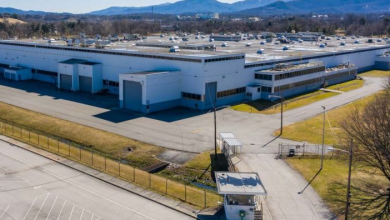Potential impact of Inflation Reduction Act
ROANOKE, Va. – The Senate just passed the largest climate investment bill in US history called the Inflation Reduction Act, but some critics think the name is misleading.
According to 10 News Political Analyst Edward Lynch, inflation relief for the average person because of this bill won’t be coming anytime soon.
“If this bill is going to have any impact at all. It’s going to be long term,” said Lynch.
There are three pillars of the bill: healthcare, energy and tax reform.
Part of the tax reform is a minimum corporate tax of 15% on all companies that generate one billion dollars or more in income.
“People think that big companies pay these tax increases, but what the companies have to do is pass on those increases to the consumers,” said Lynch.
The bill would also hire more IRS agents to regulate these tax changes.
Congressman Bob Good for Virginia’s fifth district said he is against the additional bill.
“There is almost 100 billion to hire 90,000 more IRS agents. I have never had anyone in the fifth district tell me, ‘Boy, I wish we had more IRS agents.’ The purpose of these IRS agents is to go after middle income Americans from an enforcement provisions to do a million more audits annually,” said Good.
Also in the bill – adjustments to Medicare negotiations and investments in solar panels and wind turbines.
Virginia Senators Mark Warner and Tim Kaine voted in favor of the bill, and Kaine took to the floor to voice his support for a section that would affect Southwest Virginian miners and their families.
“It will have a fully funded black lung benefit program that will help the many miners, 1 in 5 in central Appalachia whose day in and day out job exposes them to a horrible pulmonary disease,” said Kaine.
The Inflation Reduction Act will now move to the House for another vote.
Experts said it will pass, but it could take some time.




